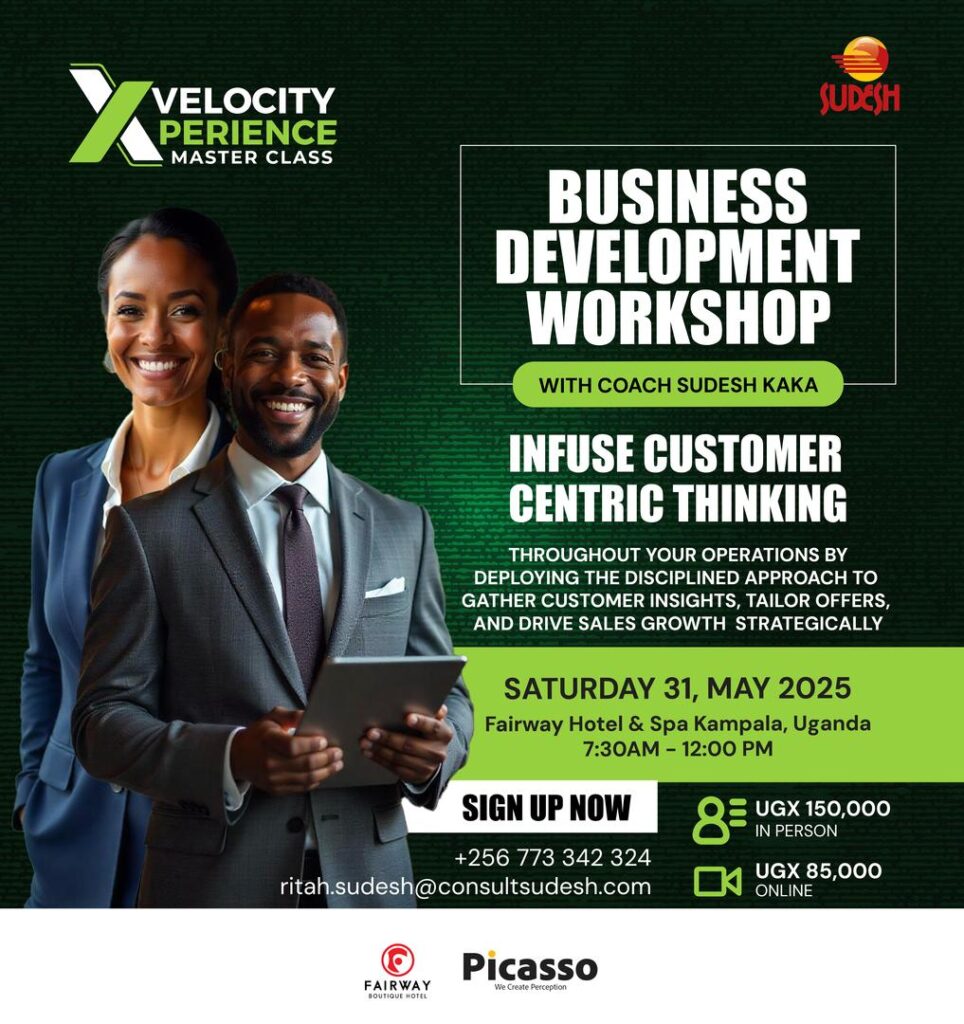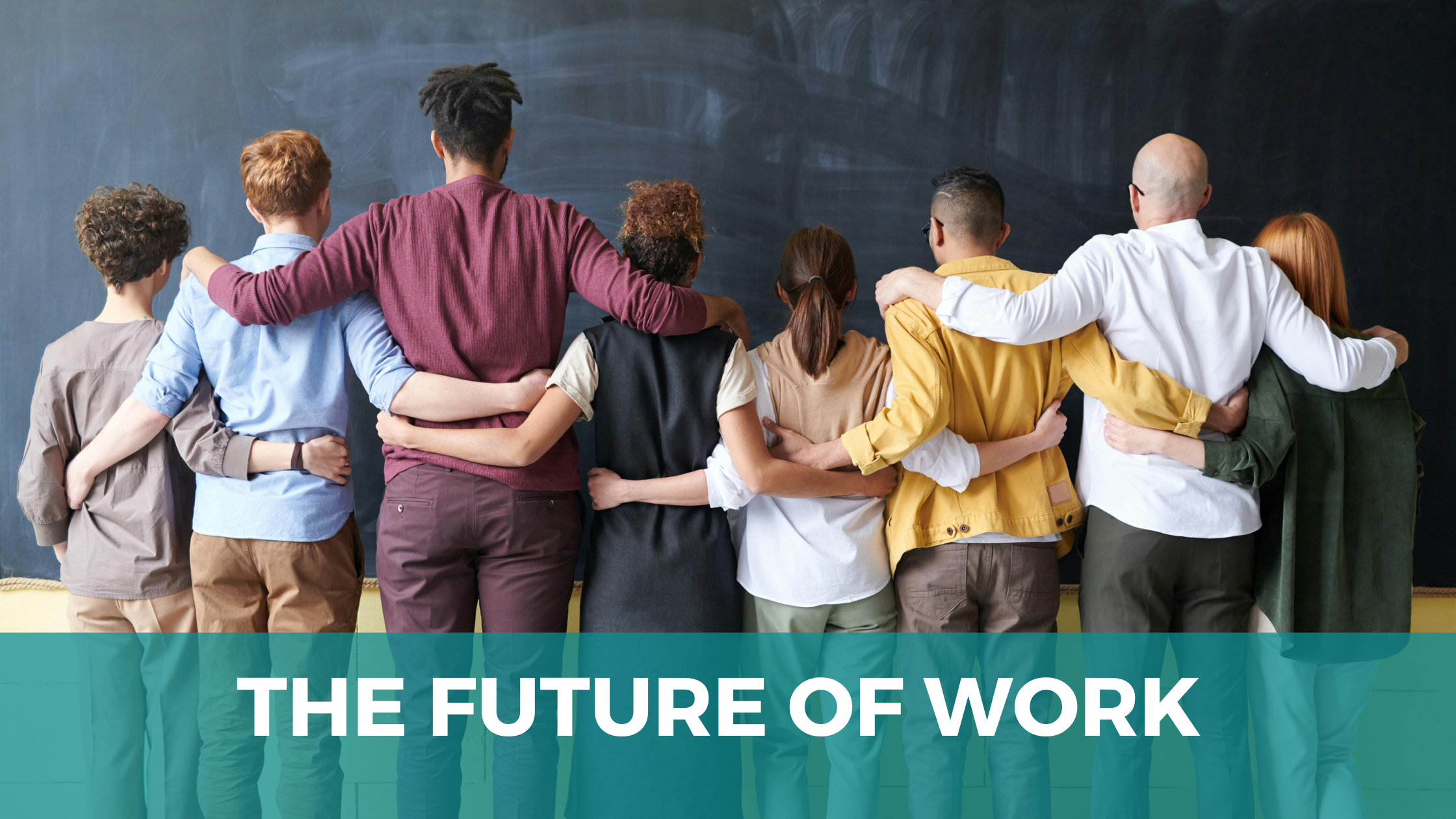Generations have worked and exited the workplace. The tools and places have changed, but work stays the same. The users of work ( HR, employees, and entrepreneurs ) rarely discuss the future of work. Why could this be so? Maybe the entrepreneurs think, “Whatever happens we shall adapt” The employees might think, “Why should I give a damn? I am here for a few years,” Human Resource Managers might think, “ I am simply a custodian of a system. Why should I obsess about the future?”
Whatever your side, it’s important to examine what is happening. “Technology has given us the moon landing, the personal computer, and the smartphone — not to mention indoor plumbing and washing machines,” an optimist might say. “Why would we ever want to stop progress? We should be accelerating, not halting and regulating. AI and robotics are going to bring us into the post-scarcity age, making us all richer and doing our dirty work for us.”
Newspapers have claimed that robots are coming to take over our jobs for 50 years now — it hasn’t happened before, and it won’t now. New technologies like AI will, however, increase productivity and efficiency, which leads to economic growth and to new and better jobs for people.”
Anyone who dares to prophesy the future of work, like I am doing will be deemed controversial. And for such the pertinent question is not “What will the future of work be like?” but rather, “What do we want the future to be like?” This reframes the future-of-work question as an arena for values, politics, ideology, and imagination, instead of a set of trends that can objectively be predicted.
It also makes clear that the debate around the future of work is likely to get even more polarized in the years to come. One person’s utopia is another’s dystopia. Rather than just look on, you have to start doing something about the future.
So, what can you start doing today? First, from now on, whenever you hear or read something about the future of work, don’t just look at what is predicted (and by when), but also who is saying it and why. What vested interests do they have? What society do they want, and how does it benefit them?
Second, what is your utopia for the future, and what is your dystopia? What should we do — or stop doing — in the short-, mid-, and long-term to move towards your desirable scenarios, and to reduce the risk of undesirable ones? What can we do to avoid points of no return for the distant future, for instance, when we are thinking about the climate or super-intelligent AI?
And third, what do you have most control over from your position of power and influence in society? What forms of power and influence do you not have? Can you partner with others who have sources of influence complementary to yours, and who share the same utopia?
This is my opinion about the future of work. Are you ready? The future is what we make it.









